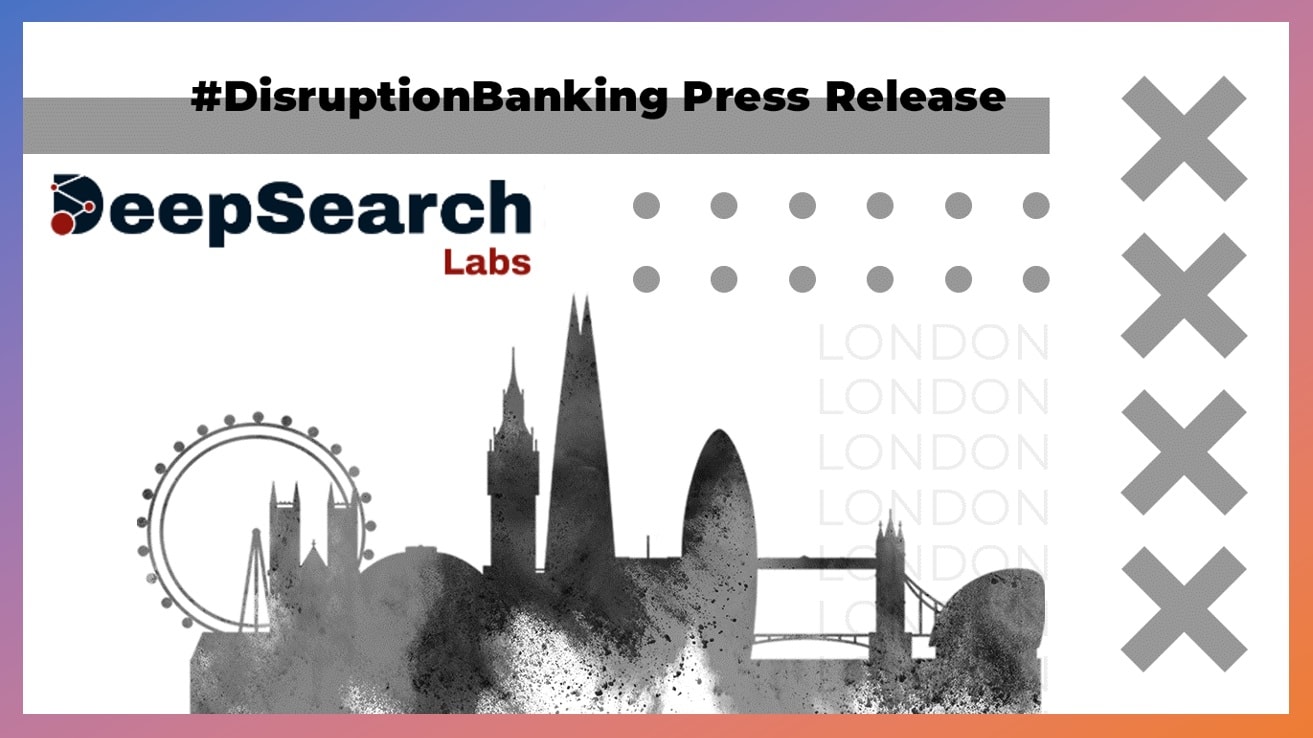By Rolands Mesters, CEO and co-founder of Nordigen
Open banking as the crucial next step in the fintech game is allowing third-party providers to connect to users’ bank accounts to gather financial data for services. Within these bank accounts is a treasure trove of data that helps not only further product offerings but also change the way certain industries operate as a whole. By gathering large amounts of varied data on consumers, companies can identify market gaps, create new solutions, reconfigure prices, create tailored customer experiences and reduce risk.
Lending
Lending relies to a great degree on the calculated risk. Lenders can help finance businesses and individuals but they require some reassurance that the borrowers are able to pay back the full sum. To achieve this, lenders perform credit risk assessments on potential debtors. Traditionally, this is accomplished through analysing credit history, which can be months out of date if done on paper – the old fashioned way. However, with open banking, credit agencies can link to customers’ bank accounts and use AI to automatically analyse up to date information, including spending history, current income and income predictions, as well as flag any potential concerns.
Not only can it be a helpful way to identify eligible clients in the short-term, but also big data can be gathered to create AI algorithms to establish in-depth processes for better customised products and services, generate comprehensive client profiles, and predict customer behaviour based on previous data. With open banking, the process is quicker and more efficient, creating more opportunities for thin-file clients, allowing creditors to take on customers who would otherwise be overlooked. “Alternative” data such as on-time payment of utility and mobile bills can additionally be used to establish creditworthiness of clients who do not have a credit history, allowing more customers to access financial services.
Insurance
Similarly to lending, insurance providers can perform more in-depth analysis of their clients through big data sourced through open banking and AI automation. They can utilise the technology to flag potential risks and fraudulent claims by utilising predictive analytics. With open banking, processes can be automated, reducing the need for manual input for detailed analysis. It also helps to remove traditionally used rating structures, such as categorising users by demographic groups, which also leads to more accurate and fairer offerings to clients.
Using big data, customers can be recognised by their financial characteristics and their spending patterns and habits. They can then be placed in more accurate groupings to offer them the most applicable insurance policies and protect them from demographic bias, unfortunately still present within financial services. For example, just this year Citizens Advice found that many black and South Asian populations in the UK were paying an “ethnicity penalty” on their car insurance, with increased payments of £250 on average.
Omitting the need for demographic and ethnicity information and instead focusing on spending and current financial data can help remove racial bias and establish accurate and inclusive conditions for all clients.
Personal Finance Management
Personal finance management tools, or PFMs are a godsend to users who would like to learn more about organising their finances, starting a nest egg, or climbing out of debt. Big data and AI analysis can help to support applications such as these to create better plans for their users based on previously collected data and analytics to predict what approach would be most useful to a client of a certain type. Data on exemplary successful management plans, based on the analysis of big data, can be used as a starting point in creating more intuitive methods and enhancing existing programmes to incorporate winning elements to better help users establish themselves financially and overcome debt.
Property/Tenant Management
Property and tenancy management software is another use case that greatly benefits from the utilisation of big data sourced through open banking. As a starting point, reliable tenants can be identified through the use of financial information obtained from their bank accounts, helping landlords find suitable candidates.
Big data analysis and usage can take this further with the use of machine learning technology that analyses the needs of tenants based on previous spending habits, to highlight what amenities are a priority to different types of customers. By utilising this data, property owners, both commercial and residential, can create the best co-working or living environments based on the customer type they would like to attract.
This can lead to better tenant retention and higher satisfaction of the residents. Studies suggest that over 80% of high performing property managers rely on regular feedback from their tenants to help improve building conditions. With big data, new and accurate information can be gathered autonomously and predictive algorithms can be used instead.
Open banking and big data help create better and more inclusive services
Open banking enables companies to connect to large quantities of financial information, which can then be used to fully revitalise processes and improve customer satisfaction, as well as give more opportunities to clients who would otherwise be overlooked. The collaboration of open banking, big data and any customer-focused industry leads to the emergence of next-level service offerings, creation of new solutions for people based on their genuine needs and the development of new client-first programmes.
Author: Rolands Mesters
#OpenBanking #BigData #Fintech #Lending #Insurance
About the author
Rolands Mesters is the CEO and co-founder of Nordigen, the only freemium open banking API that connects to more than 2,300 banks, making it the largest network of bank connections in Europe. Rolands is a sales and growth hacker who is passionate about fintech and alternative lending. Nordigen started out as a data analytics company that builds solutions for categorizing and analyzing bank account data. In December 2020, the company launched Europe’s first free open banking account data API. Rolands has been featured in the Forbes Latvia 30 Under 30 list as well as being featured in TechCrunch, Sifted, and the Financial Times. Rolands regularly shares fintech insights and analysis on open banking at top international fintech events and is considered one of the foremost experts on open banking worldwide.















